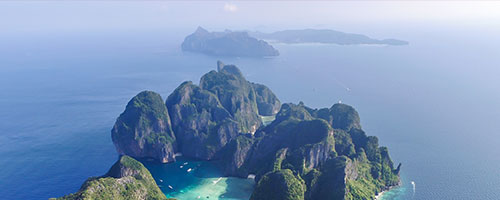Nestled in the jungle-clad mountains of northern Thailand, small Akha hill tribes live modest existences that are unique in the fast developing country. A people of Chinese and Tibetan origin, the Akha have migrated over centuries across borders into Thailand, Laos and Myanmar, impressively retaining traditions and rituals that have spanned generations. But Akha communities have not remained isolated from globalization and growing international tourism, and modernity has begun to threaten the very way of life that makes these communities so distinct.

Young Akha boys in traditional outfit
Finding balance for immersive travel
Our Active Product Designer for Thailand, Bram Van den Bossche, has spent extensive time developing an active hiking program that brings travelers intimately close to this slowly dwindling culture. As a DMC we are acutely aware of the fine balance that underlies responsible tourism, and Bram has aptly taken his time in building a respectful relationship with the communities that travelers will interact with. In the process of fine-tuning the itinerary and logistics, we have asked ourselves how we, as a Destination Management Company, manage experiences for our partner’s travelers, but also how we manage the impacts of tourism in our destinations.

Akha hilltribe settlements are most often found in the remote mountains of Northern Thailand, Myanmar and Laos
Meeting the Akha
Finding his way to the small remote Akha hilltribe settlement deep in the mountains of Northern Thailand’s Chiang Mai province came organically by fortunate word of mouth. Bram reached out to a fellow expat who runs a dormitory for school-goers in Thailand’s rural north, providing a safe and convenient place to stay near the local school. A few of the attending students came from Akha communities, and Bram, deeply interested by its people, jumped at the opportunity to visit them.
“When we arrived I knew I had found something special. Tourism cannot be stopped, but here was a place where communities were unfamiliar with the industry. And although the villages were unaccustomed to foreign visitors, they welcomed us with humble warmth, something that is, of course, so very characteristic of Southeast Asia’s people. The incredible natural scenery and views of the area were an added bonus, and it was something that I was confident could be shared with travelers in a respectful way.”

Easia team members consulting with the local community
Authenticity requires flexibility
When he began developing the program, Bram had to account for several questions and concerns. “My mission was to not spoil this place and to only influence the culture in a positive way for the future. We really took the time to assess what to do with the area but, most importantly, wanted to know what the local Akha people felt and thought. And it wasn’t just about asking what they wanted, but also about really trying to educate them about what inviting visitors could mean, as they didn’t necessarily have awareness of the consequences of tourism”.
Creating these types of experiences is always a balancing act, but Easia Active has focused on providing something that works on a basis of quality, not quantity. That is why, while the hill tribe immersion experience may not be for shallow pockets, it is all the more worth it. Visitor numbers will never be high, and ultimately the villages need to benefit financially from the few visits they will cater for.

Bram (3rd from the left) and our Easia Head of Product Veronique Chappe (6th from the left) with local Akha village leaders during one of the many meetings between Easia and the local community
In maintaining that mindful, sustainable balance, we ensure that a local Akha guide, along with a Thai guide from surrounding areas, always escorts travelers, and villages are actively involved in how the itinerary plays out. In this way we make sure that as many local people as possible are involved in the operation of the program, unlike more mainstream activities which are often solely run by a Thai guide from the city. Moreover, we encourage the continuation of local habits, and believe that the natural state of things should never be compromised.
“It may not be the most luxurious or comfortable program, but I believe that travelers who want to explore a culture of this kind and in this way, really won’t mind in the end. We try to keep things as authentic as possible. Whether it’s lunch served in the jungle with simple utensils and local dishes, mattresses on the floor of an Akha house for the overnight stay, or the absence of hot water…it stays true to how the local people live, even though adjustments could easily be made”, Bram points out. “And come December and January when it’s harvesting season, we adapt the program to the routine of the locals and propose a slightly different itinerary”. This simple, flexible and immersive way of travel may not appeal to everyone, but that makes it all the more exclusive and private.

From guides to drivers, to the people who host, prepare food and more; the local community leaders make sure to rotate these roles so that everyone in turn can benefit from the extra income our visits provide
Toward conscious and positive tourism
“I had met a young Akha man in his 20s who had studied and now lives and works in Chiang Mai. Like many young people in his community, he left the village in the hopes of earning a better living in the city. However, he emphasized that this was largely an economic choice, and if tourism could provide a sustainable income within the village, he would happily return home more regularly and for longer periods. That struck me as especially motivating. The program highlights discovering the folklore of the Akha people, so they feel inspired to maintain traditions that may slowly be fading away, and more significantly, it could draw the younger generation back to their communities”, Bram retells.

Bringing guests to the community provides the Akha elder with the scarce opportunity for organizing traditional folklore and pass on traditions to the younger generations
For a vulnerable culture that increasingly contends with modern outside influences, tourism actually has the power to uphold its beautifully unique rituals and customs. In a world where tourism is often perceived as having subtracting, negative effects on local cultures and environments, we believe that slow, active and respectful travel can have the opposite effect. The goal of this wonderfully immersive program has been precisely this, not only bringing travelers in contact with a disappearing culture, but adding, wherever possible, positively to the lives of local people.
The final product
Get a glimpse of the 2D/1N module; ‘Hiking and Hill tribe immersion in the Akha Culture’, in the video below!
Get in touch!
Have a look today at our two options for respectful cultural immersions into the disappearing colorful Akha culture in Northern Thailand:
- THAILAND – Chiang Mai – An encounter with the Akha culture – full day
- THAILAND – Chiang Mai – Hiking and hill tribe immersion in Akha Culture – 2D1N
Interested in developing respectful active itineraries throughout Southeast Asia together?
Talk to us today and explore how we can collaborate to create mutually beneficial and meaningful travel: [email protected]












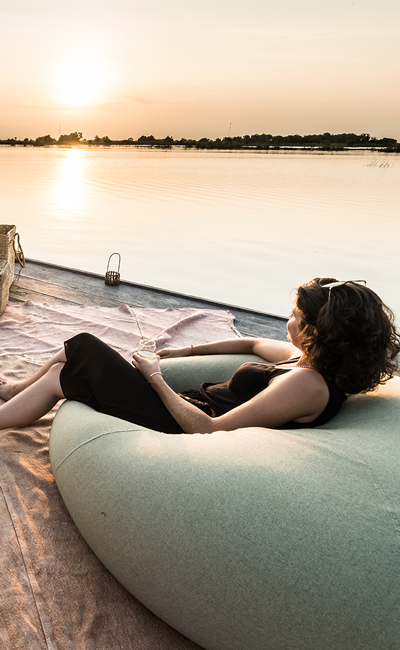

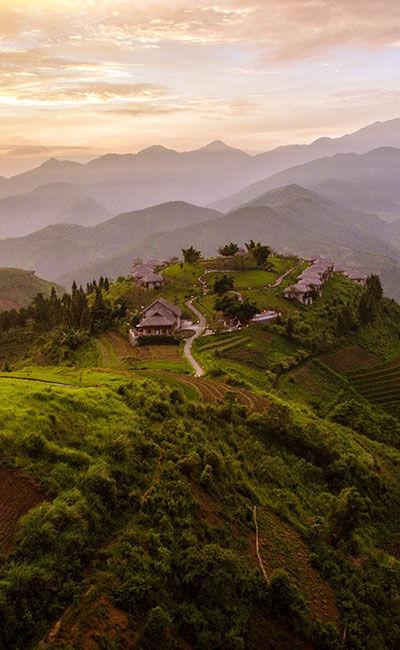
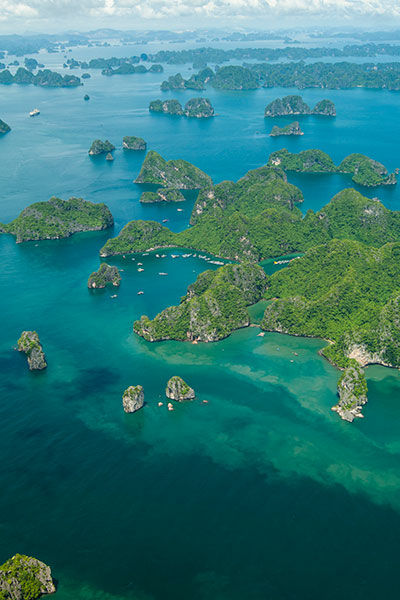
 English
English
 French
French
 German
German
 Italian
Italian
 Spanish
Spanish
